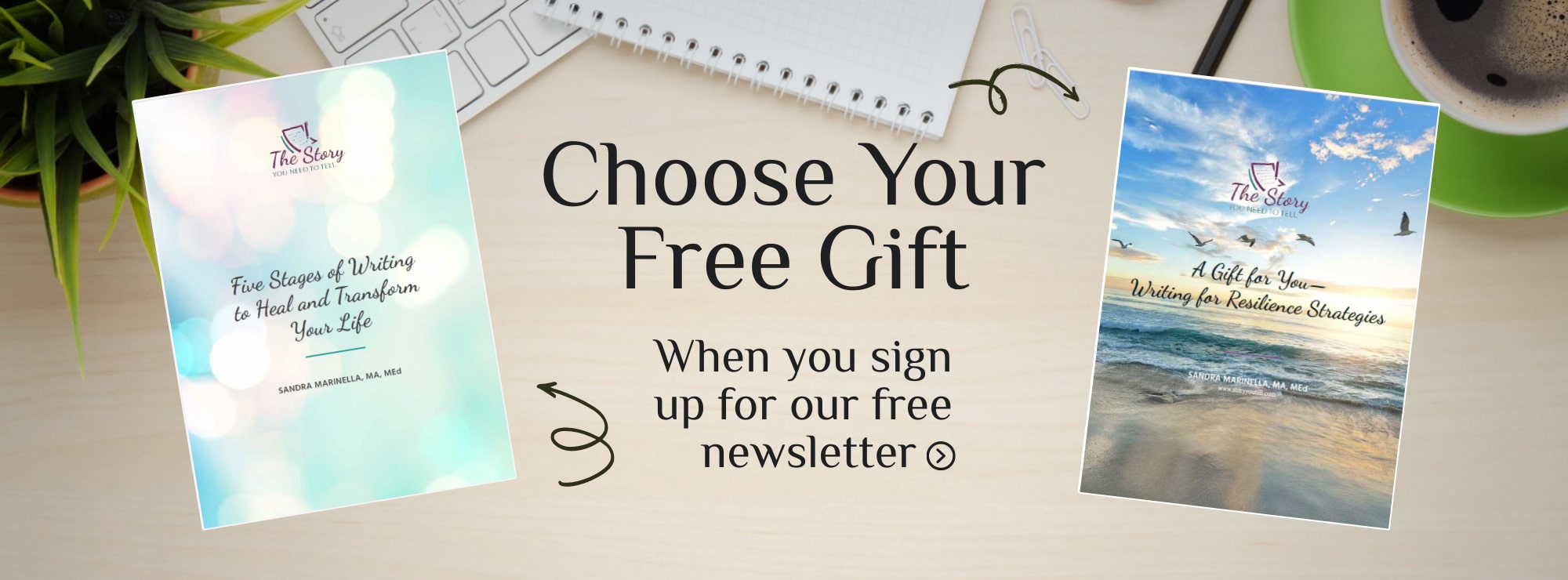Don’t Act the End by Jen Campisano
Before my mastectomy, I had to get an EKG to test my heart, to make sure it would be strong enough for surgery. As I waited in the hospital lobby, I flipped through a Good Housekeeping magazine from last summer, with Michael J. Fox [who suffers from Parkinson’s disease] on the cover; the feature article was about the actor turning 50. In his interview he said that there’s a motto in acting that he applies to his life: “Don’t act the end.”
I find myself thinking of that motto a lot lately, as I try to find my new normal. The pain of surgery is gone now, and at six weeks post-op, I’ve resumed most daily activities. What I’m struggling with now is getting beyond mere survival, getting to a point where I’m not constantly looking over my shoulder for the boogeyman, getting back to life.
There’s the fear that still rears its ugly head — less often now, but still ugly. A friend recently asked me how I live with fear without letting it get in the way of all the good moments. I admitted some nights I find myself crying just giving Quinn a bath, watching him splash and giggle and play with his plastic bath toys. Our lives are so fragile. And then I try to push that fear aside. I let it allow me to appreciate each moment with him even more than I might have before the cancer.
In the Good Housekeeping article, Michael J. Fox explained his motto this way: “If you know a bus is closing in on you as you stand in the middle of the road, there’s still a lot of space to fill between where you are and the moment that bus hits you. In other words, don’t act like you’ve been hit by the bus until it happens.”
My hair is returning slowly. Life goes on, and yet, the axle around which my life spins has been knocked off-kilter. I’m trying to find my new center of gravity, and it’s a strange, unbalanced space to occupy. I no longer feel like that bus is closing in on me. And although there are no guarantees in this life, between now and when that bus does someday hit, I have a lot of enjoying my days to get to.
Update: Jen has survived cancer and her new story centers on helping cancer patients as a patient advocate and caring for her two little ones! I love how she has reframed her story.

